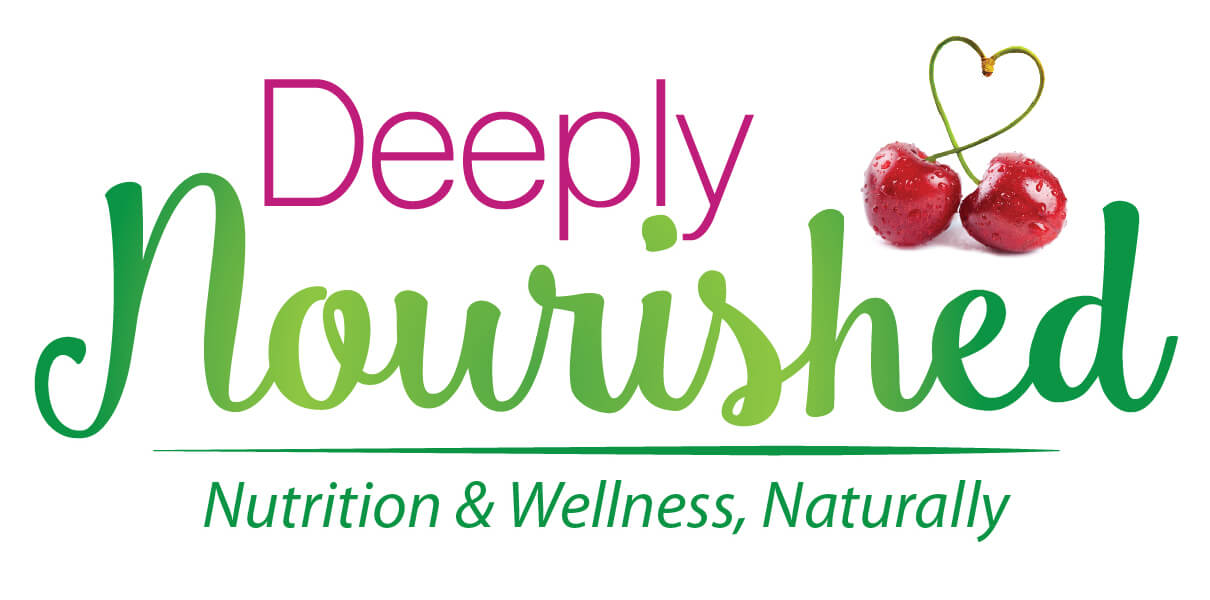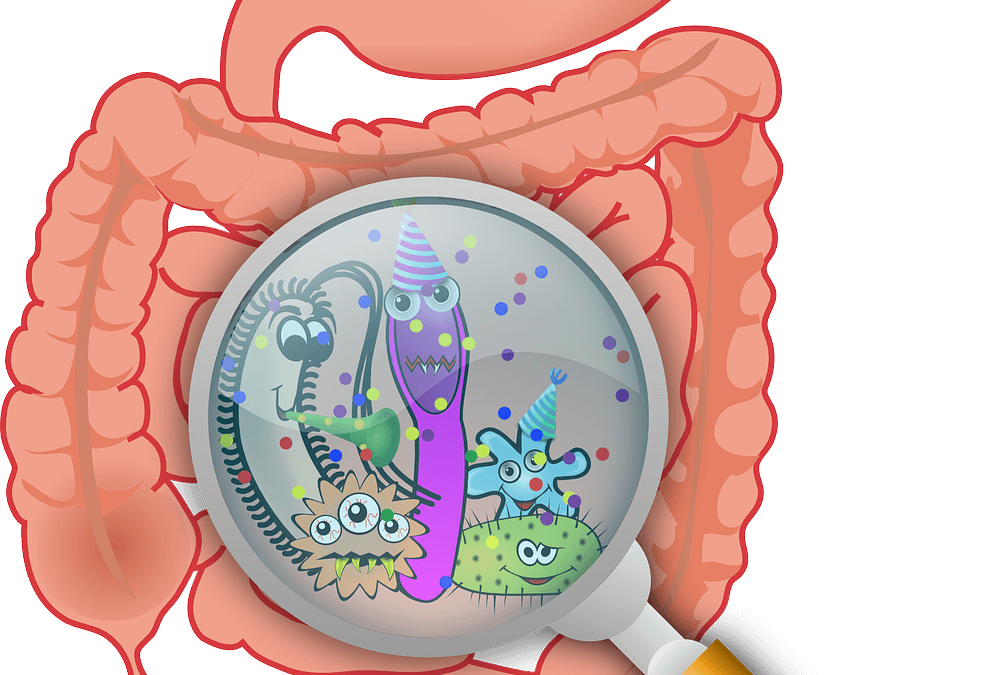Research on the microbiome – the tens of trillions of synergistic and pathogenic bacteria and other microorganisms which reside along our gastrointestinal tracts – is a rapidly emerging science, with universities opening dedicated research centres and logging thousands of studies each year. Scientists already have made tremendous progress in understanding our microbial landscape and in associating microbiome diversity with human disease.
Along with diseases and conditions one might expect – food allergies, colon cancer, and bowel disease, we now know that an imbalance in your microbiome can also contribute to a seemingly endless number of non-digestive symptoms; everything from obesity, brain fog, and food cravings to chronic pain, low immunity, autoimmunity, skin issues, and the list goes on.
For example, a series of mice and human studies within the past decade have affirmed that the human ability to extract and store calories from food as fat is at least partially impacted by gut microbes. Differences in gut microbe populations were noted between obese and lean subjects.
Far from the passive guests they were once thought to be, microbes help us digest and process nutrients. They are also constantly interact with our nervous system and help shape our immune systems. In a nutshell, our microbiomes help make us who we are, in sickness and in health.
Poor diet, stress, toxic chemicals in our food/water/environment, alcohol consumption, and antibiotics all deplete our healthy supply of bacteria, setting us up for “dis-ease”.
Bottom Line: We are all vulnerable to a microbiome imbalance – particularly as we age, and we constantly lose bacteria through excrement. So a daily dose of gut-friendly bacteria is advisable to ensure our microbiome is balanced (estimates place the ratio of friendly to unfriendly microbes within our GI tract at 85% / 15% ).
The two ways to reseed your “gut garden” with probiotics – friendly bacteria – are through fermented foods and beverages, or supplements.
Here’s a handy list of fermented foods to try. Step outside your tastebuds’ comfort zone and try them all! *Just be sure they are naturally fermented and unpasteurized:
• Sauerkraut or other cultured vegetables (just vegetable, salt and water)
• Kombucha tea
• Beet kvass (traditional Ukranian beverage)
• Sourdough bread
• Coconut kefir or water kefir
• Organic homemade yoghurt (commercial alternative: plain greek yogurt, which has less sugar, higher protein, nothing artificial – always check the ingredient list to be sure – and is fermented longer, providing more probiotic benefit. You can flavor it with vanilla, honey or stevia, cinnamon, a little jam, etc)
• Apple cider vinegar
• Kimchi (spicy Korean condiment)
• Unpasteurized beer (Keep your celebration to a dull roar, my friends, the key to this option is moderation!)
Here is a simple salad dressing with apple cider vinegar to make it easy for you to get started on your probiotic journey:
Master Vinaigrette
1/4 cup extra virgin olive oil
1/8 cup apple cider vinegar (*unpasteurized, with mother.)
1 tablespoon tamari sauce (or gluten free soy sauce)
1 tablespoon maple syrup
1 tablespoon dijon mustard, or to liking
½ fresh garlic clove
Place all ingredients in a sealable glass jar and shake until combined. If you place in the fridge, it may solidify, so you would just need to leave out at room temperature for 10 minutes or so before shaking and using. I leave mine in a cool, dry cupboard for up to 1 week.
(recipe credit: Alive magazine)
References
https://authoritynutrition.com/does-all-disease-begin-in-the-gut/
https://www.ncbi.nlm.nih.gov/pmc/articles/PMC3463487/
https://www.ncbi.nlm.nih.gov/pmc/articles/PMC2792171/#!po=1.42857
http://journals.sagepub.com/doi/full/10.1177/0148607111413772
https://www.ncbi.nlm.nih.gov/books/NBK154098/
http://jacobsschool.ucsd.edu/microbiome/about.shtml
Dr. J. Axe, “Eat Dirt – Why Leaky Gut May be the Root Cause of Your Health Problems and 5 Surprising Steps to Cure It.” HarperCollins Publishers, 2016.

